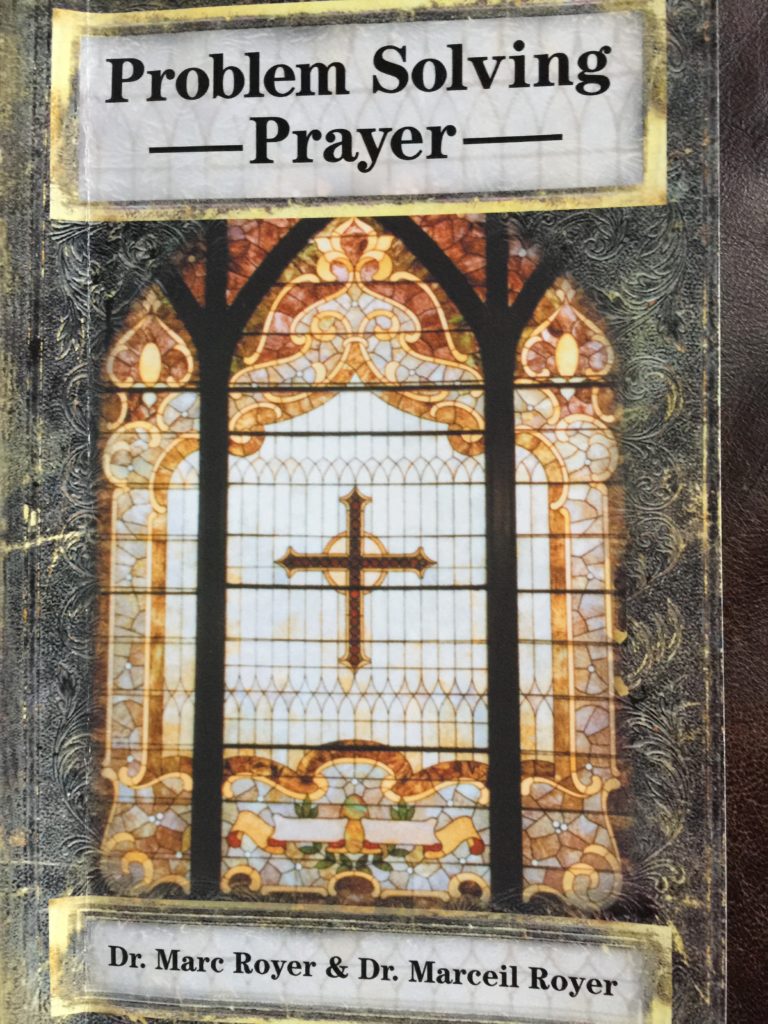In an increasingly frenetic world, where concerns morph into life-altering anxieties, the Bahá’í teachings offer an antidote that transcends mere supplication. Imagine yourself navigating through a tempest of worries: what if a tool existed that not only alleviated your concerns but transformed them into opportunities for growth? Such a notion may sound too good to be true, yet Bahá’í principles illuminate a pathway towards harnessing prayer as a means of problem-solving. This article will expound on how prayer serves engenders clarity, provides fortitude, and fosters unity, ultimately rendering it an indispensable instrument in resolving life’s challenges.
At the core of Bahá’í belief lies the concept of prayer, which is not merely an act of asking for assistance, but an intricate dialogue with the Divine. This multifaceted engagement allows for introspection and reflection, forging a connection with one’s inner self and the broader universe. Through prayer, individuals embark on a journey of understanding and serenity amid life’s trials, making it a powerful tool for problem-solving.
Let us first examine the psychological implications of prayer as a means of alleviating worry. In the teachings of Bahá’u’lláh, prayer is described as an essential practice for all individuals, serving as a foundation for mental and spiritual well-being. Engaging in prayer facilitates a shift in perspective. It encourages individuals to adopt a more expansive view of their concerns, inviting them to see problems not as insurmountable barriers but as challenges ripe for resolution. As such, it develops resilience. When one turns to prayer, one is not simply seeking intervention but is also inspired to dig deeper into the roots of their worries.
This leads us to the next pivotal aspect of Bahá’í teachings: the intrinsic connection between prayer and unity. Bahá’í philosophy underscores the importance of collective harmony, positing that true solutions often emerge from collaborative endeavors. When engaging in prayer, it is encouraged to transcend individuality and invoke the spirit of community. This communal aspect acts as a safeguard against isolation, allowing participants to draw strength from one another. In the same vein, prayer conducted in groups nurtures a shared sense of purpose, amplifying emotional support and fostering unity that ultimately paves the way for collective problem-solving.
Yet, one may ask: can prayer truly provide practical solutions, or is it merely a means for venting frustrations? This notion invites contemplation. Within the Bahá’í framework, prayer is described as a source of divine inspiration. While the immediate efficacy may not always be apparent, the transformative power of prayer can lead individuals to moments of insight and clarity. This paradigm shift often enables one to identify actionable steps that were previously obscured by doubt or fear. As prayer cultivates inner peace, it simultaneously sharpens focus and directs attention towards constructive avenues. Thus, it becomes apparent how prayer can seamlessly integrate into the problem-solving repertoire.
Furthermore, the Bahá’í teachings advocate for a perspective on prayer that embraces humility and surrender, an understanding that transcends the need for control. In the throes of complex dilemmas, the tendency to cling to specific outcomes often exacerbates anxiety. Through the act of surrendering one’s worries to the Divine, individuals experience a paradoxical liberation: relinquishing the burden of control enables a free flow of creativity and inspiration. Such freedom encourages innovative solutions to emerge organically from the depths of one’s spirit, aligning with the Bahá’í belief in the interdependency of all human beings in the quest for understanding and resolution.
One might wonder about the tangible outcomes of this spiritual practice. Numerous anecdotes within the Bahá’í community recount instances where sincere prayer has coincided with serendipitous events catalyzing swift resolutions. The undeniable connection between spiritual focus and physical manifestation underlines a fundamental tenet of Bahá’í faith: the seen and unseen worlds are intricately interlinked. When one fervently engages in prayer, they open themselves to opportunities that may not have been perceptible otherwise, resulting in synchronicity between intention and external reality.
Moreover, it is pertinent to address the role of gratitude within this spiritual construct. The Bahá’í teachings place significant emphasis on an attitude of gratefulness as a precursor to effective prayer. Engaging in regular expressions of gratitude primes the spirit, cultivating a mindset receptive to divine guidance. This perspective fosters resilience and positivity, thereby augmenting one’s capacity to confront problems head-on. When individuals approach life’s challenges with a heart brimming with gratitude, unexpected revelations often surface, leading to creative solutions that surpass ordinary expectations.
In summation, the Bahá’í teachings illuminate the profound intricacies of prayer as a powerful tool for transcending worry and facilitating genuine problem-solving. Through this dialogue with the Divine, believers can foster resilience, unity, humility, and gratitude, transforming their approach to life’s inevitable adversities. While it is tempting to discount prayer as a passive activity, it is, in fact, a dynamic practice that empowers individuals to engage profoundly with their challenges and emerge with renewed strength and clarity. In the final analysis, transforming worries into opportunities lies not in isolating oneself from the trials of life but in seeking collective wisdom through the timeless practice of prayer.
